My name is Olga Zvonareva and I am a correspondent for the Ukrainian national agency “Ukrinform”. I work in Zaporizhia and cover the Zaporizhia region. However, since the start of the full-scale war, I have also reported on the Dnipropetrovsk region. I am 40 years old and have been working in journalism since my second year at university. I have been with the agency for about five years. Before that, I worked for local Zaporizhia publications, online outlets, websites, news organizations, and newspapers.
My first trip to the frontline was in May 2022. We went to the Zaporizhia direction to meet soldiers from Verkhovyna. I prepared for this trip extensively by reading various reports my colleagues had written about similar experiences. I focused particularly on articles about mortar calculations since that was relevant to the unit we were visiting. I traveled with Dmitry Smolienok, Katya Klochko, and a press officer who coordinated our visit. When we arrived, the soldiers had just returned from a combat mission and were enjoying a rare “day off.” They were in high spirits, which gave us plenty of time to sit and talk. As we gathered outdoors, I felt like I was back in kindergarten, sitting in the middle of a group of curious children. The soldiers, most of whom were in their early 20s, seemed genuinely excited to have journalists visit them—something they weren’t used to.
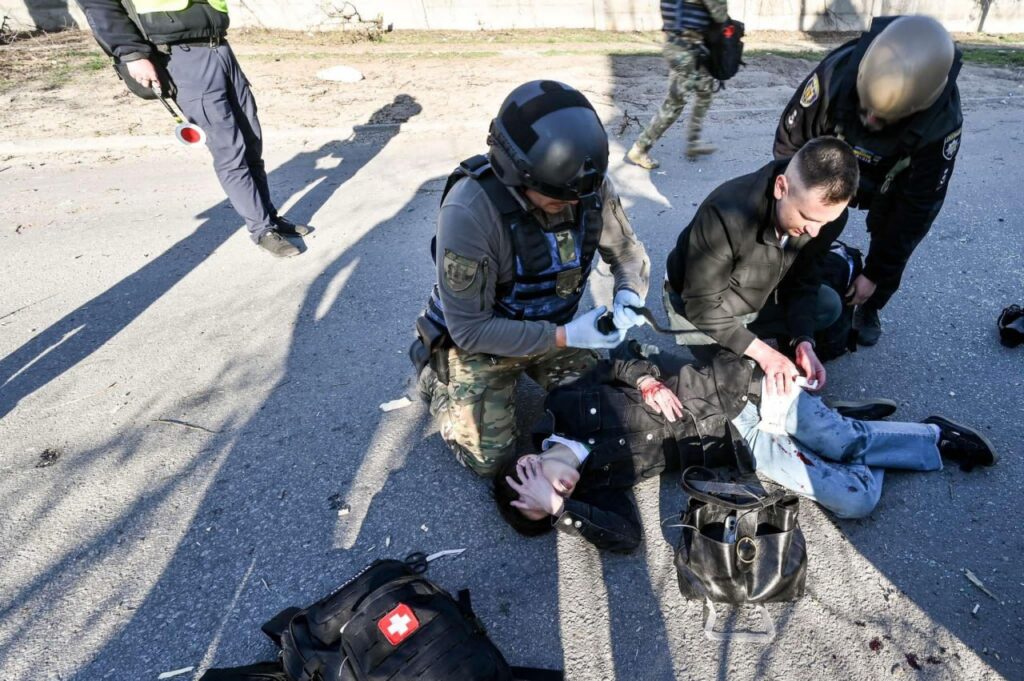
At first, I felt overwhelmed. For about five minutes, I struggled to organize my thoughts as all my prepared questions flew out of my head. The soldiers waited patiently for me to start the conversation. Finally, one of them, Mykola—a humorous and talkative young man—took the lead and helped ease the situation. His energy soon encouraged the others to join in, and we ended up talking for an hour and a half. I left that day deeply moved by the soldiers. They were incredible people, and I couldn’t help but admire them. However, the conversation wasn’t all lighthearted. When we discussed losses, families, and their duties, their demeanor changed completely. These young men, who moments earlier had been laughing and joking, suddenly seemed far older than their years. That first report remains one of my favorites, not just because it was my first, but because of the emotions and insights I gained from it.
The first time I went to Kamianske, a gray zone, I experienced a unique kind of fear rooted in uncertainty. It was early in the conflict, and I had no idea what to expect. My imagination ran wild, and I pictured enemy checkpoints just beyond the last house in the village. I overprepared for the trip, leaving personal items like my phone and passport behind in Zaporizhia. I treated it like a covert mission. However, the journey turned out to be far less dramatic than I had envisioned. Kamianske was battered but relatively calm, with no extraordinary checkpoints or encounters. Despite the uneventful trip, my nerves were frayed because it was my first time in such a setting. Over time, as I visited more front-line areas, my approach changed. Walking through fields or visiting military positions became routine, though the underlying fear never disappeared. I believe fear is natural and necessary—it keeps us cautious and aware of the risks.
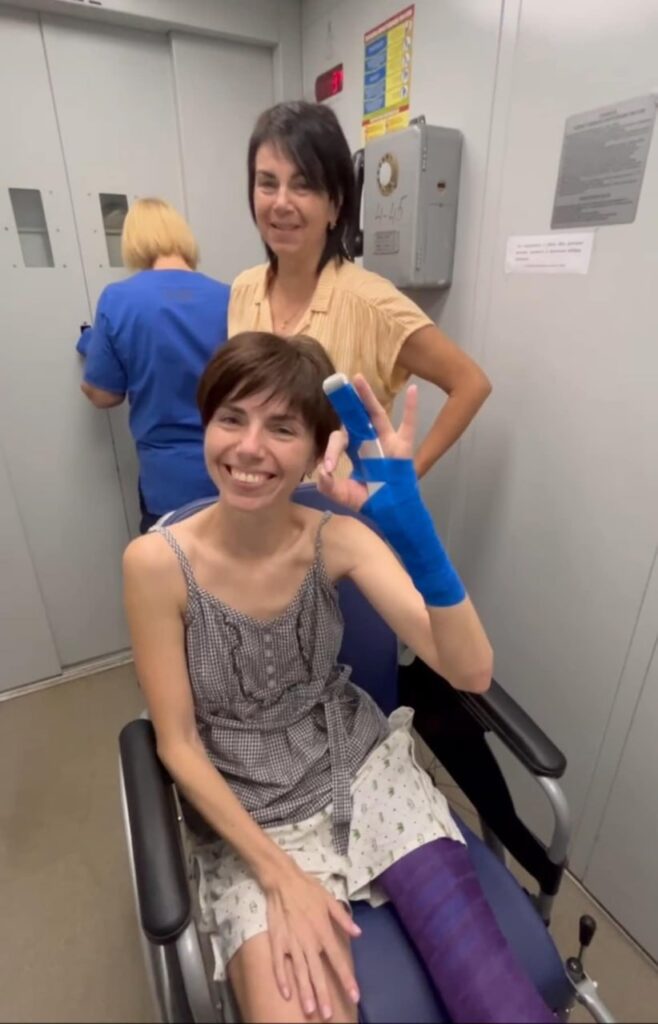
One of my greatest professional fears is failing to complete a story. When someone gives me their time and trust, I feel a deep responsibility to write their story. This fear is something I carry with me on every assignment. I remember working with the 128th Mountain Assault Brigade. We visited them and planned to write two reports. The first was completed and published quickly, but I postponed the second, thinking it could wait. Tragically, several soldiers we interviewed were killed in an attack before I could finish the piece. The experience left me heartbroken and regretful. As a journalist, I felt I had failed by not completing the story in time. Now, I understand that sharing these stories is essential—not just for the soldiers’ families and friends but for society as a whole. Still, the fear of “not having time” continues to haunt me.
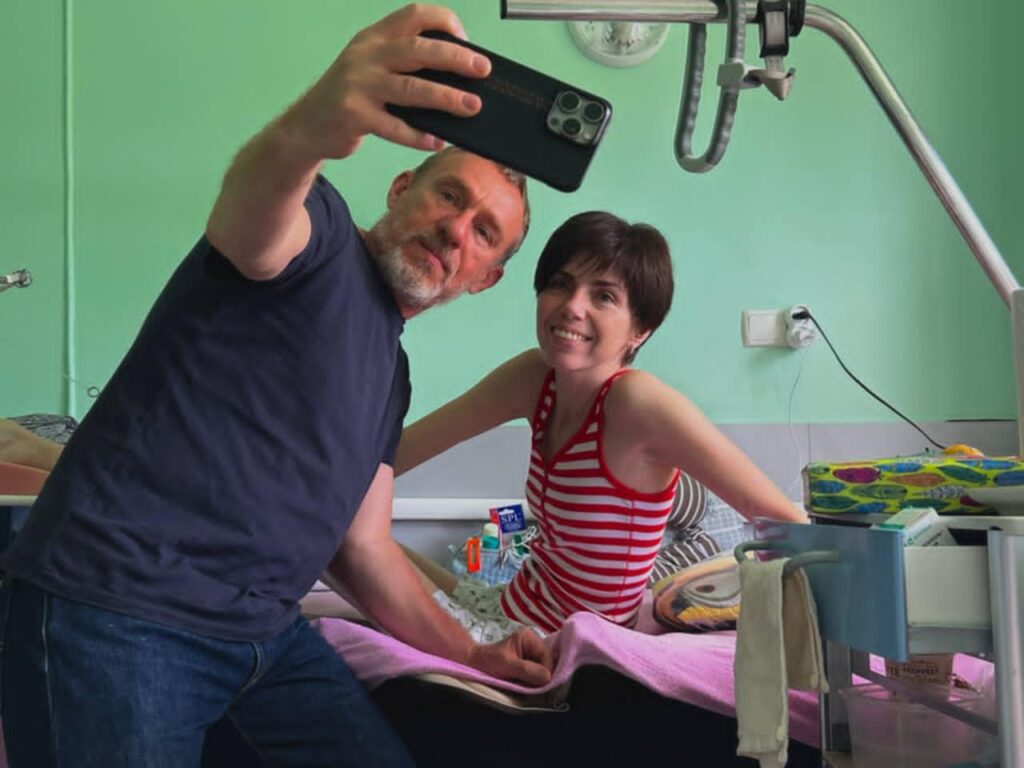
On April 5, 2024, I experienced one of the most dangerous moments of my career. We were covering a rocket attack in the Shevchenkivskyi district, which is where I live. My colleagues and I arrived around 3:30 p.m. to document the damage. At first, it seemed like a typical assignment. The destruction was significant but not as severe as we’d seen in other cases. We photographed broken shop windows and talked to locals about the damage. Suddenly, I heard the distinct sound of an incoming rocket. I remembered the safety advice we’d been given: lie down and cover your head. With no curbs or substantial cover nearby, I dropped to the ground beside a civilian car. The explosion injured my arm, leg, and abdomen. Thankfully, the injuries weren’t life-threatening, but the experience was a stark reminder of the risks we face daily.
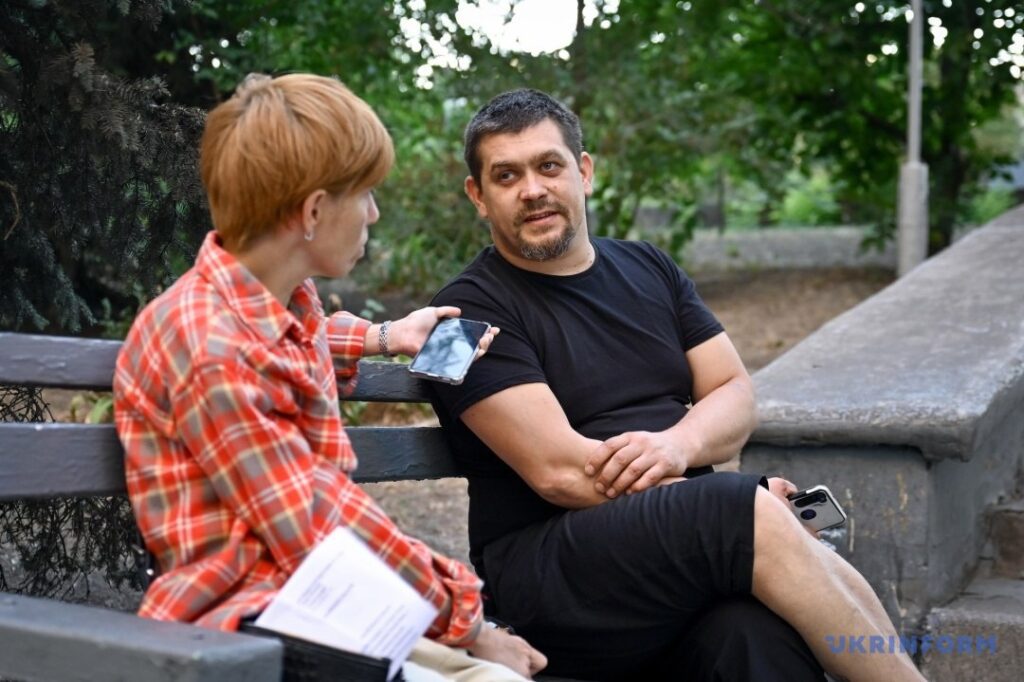
Recovery has been a long journey. I’m still working with a rehabilitation therapist to regain my physical strength and mobility. Before my injury, I didn’t fully grasp the severity of shrapnel wounds or the long healing process they require. Now, I understand the physical and emotional toll these injuries take. The support I received during my recovery was overwhelming. Colleagues, friends, and even strangers offered financial aid, encouragement, and constant check-ins. This outpouring of care kept me positive and motivated. At the hospital, I was determined to stay optimistic. I refused to let despair take hold, telling myself I would recover and return to work.
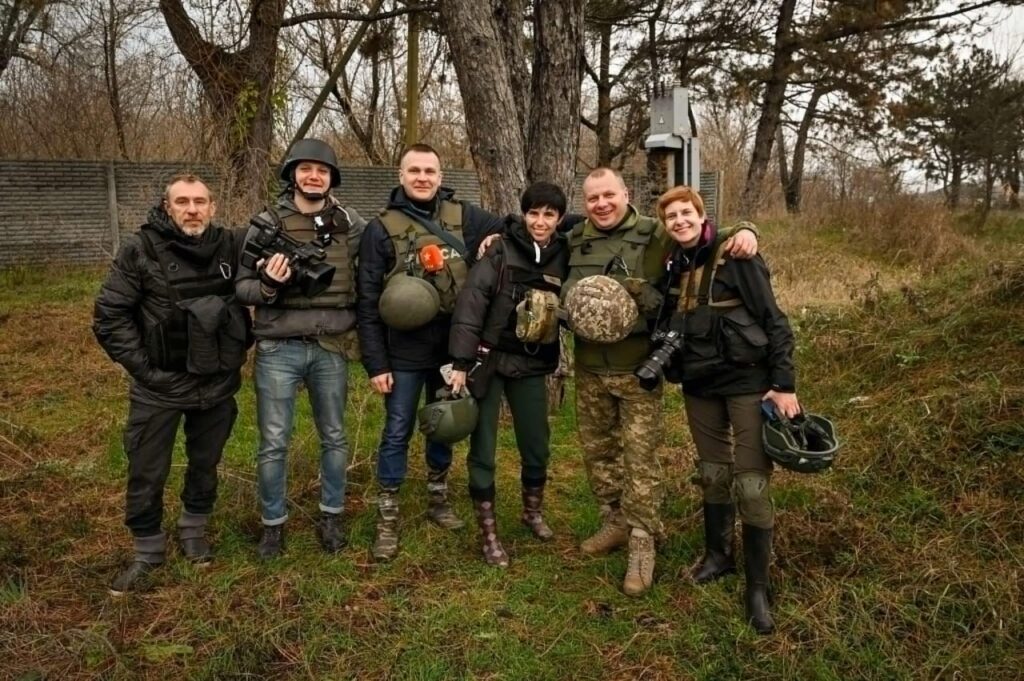
Today, I focus on rehabilitation and staying physically active. I go to the gym and see my therapist regularly. My goal is to be stronger than ever, both physically and mentally. As journalists, our role is to document reality, give voice to the voiceless, and preserve history. This responsibility drives me forward, despite the challenges and risks. I share my story not for sympathy but to inspire others who may be struggling. Life may feel overwhelming at times, but with determination and support, we can overcome even the hardest challenges. As my therapist says, “Be lucky in character.” This phrase reminds me to stay resilient and hopeful, no matter what lies ahead.
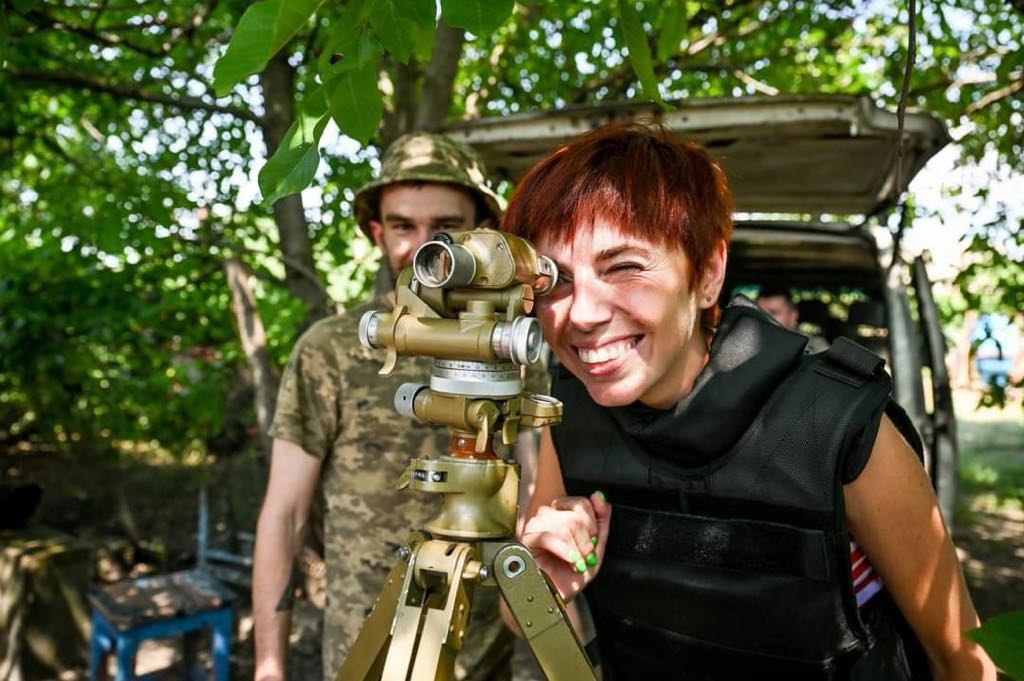
Created as part of the project “Raising awareness among target groups in Ukraine and abroad about Russian war crimes against journalists in 2024 and increasing public pressure for the release of captured journalists”, which is implemented by the National Union of Journalists of Ukraine with support of the Swedish non-profit human rights organization Civil Rights Defenders.

 THE NATIONAL UNION OF
JOURNALISTS OF UKRAINE
THE NATIONAL UNION OF
JOURNALISTS OF UKRAINE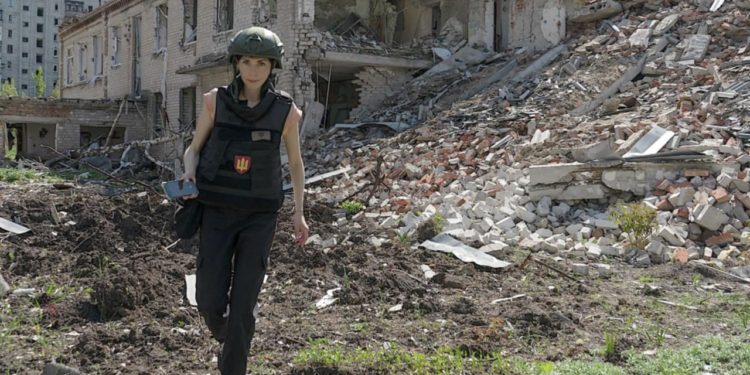
















Discussion about this post